When Rishi Sunak stunned his cabinet colleagues by calling a snap election, they feared the worst. Fast forward a month and what they originally saw as the worst-case scenario now looks like quite a good result. At the time, losing the election but retaining 200 Members of Parliament seemed plausible. While the polls vary, the consistent theme now is that the Conservatives are on course for their worst defeat in history — and could end up with as few as fifty MPs. The campaign has been dominated by gaffes, from Sunak’s rain-drenched election announcement to the D-Day debacle. And last week, most damaging of all, the gambling scandal.
Five Tory figures (two of whom have been suspended as candidates) stand accused of using inside information to bet on the election date. One cabinet minister, Alister Jack, has boasted of winning more than £2,000 — though he later insisted the bet was placed before May, which was when Sunak’s team decided to take a gamble on polling day. Among the British orime minister’s closest allies there a sense of betrayal about those colleagues whose instinct was to place bets. “We have been let down by friends,” says one Sunak ally.
Candidates fear the whole debacle has highlighted one of Sunak’s great shortcomings: dithering. “The delay in withdrawing support for the candidates just adds to the sense Rishi is weak,” says one candidate. Sunak’s team say they had to follow process and work around the Gambling Commission’s inquiry.
Whether or not the accusations were fair, the story is adding to a sense of decay within the Tory Party. Should you bump into a Conservative Campaign Headquarters staffer in the last week, they were more likely to be excited about the number of days left of the obviously tortuous campaign than any notion that their fortunes might turn around. Loyalty among Sunak’s closest aides remains, but morale is low. “This campaign is cursed,” laments one staffer.
Out on the campaign trail, the view is more nuanced. Several Conservative candidates say that the reception on the doorstep is generally better than the polls suggest, except in some areas such as Derbyshire and Suffolk where “the response is awful.” The problem is that even on a good day, candidates get a nasty surprise once they get home and go online. “As long as I don’t watch the news, it is going really well. When I turn the news on and see the latest CCHQ stunt I feel less sure,” says a former cabinet minister.
The polls aren’t helping. In some countries such as Canada and France there are limits or bans on polling close to the election. Some want similar rules introduced here. There is a frustration that much of the media coverage so far has been dominated by polling rather than policy. “The narrative would be completely different if there weren’t polls every day,” says one CCHQ aide. “I try to be positive, I do my leaflets, knock on doors. Then I see an MRP poll telling me I am toast and I want to put my head in an oven,” says a candidate, more bluntly. “What worries me is that I am yet to speak to a colleague who is fully confident that they will keep their seat,” adds a former minister.
‘This campaign is cursed,’ laments one staffer
The Tories cannot admit to giving up on certain seats, but actions speak louder than words. The areas Sunak has visited so far have an average Tory majority of 17,000. (In contrast, Keir Starmer has focused on Tory-held seats.) If anything, an already-defensive campaign has become even more so. Anyone mapping how a Tory leadership contest might go must first work out who will be left to fight it. There are question marks over the electoral fate of Johnny Mercer, the veterans minister, who has a fight on his hands against Labour in Plymouth. So does Penny Mordaunt, the twice-unlucky leadership hopeful, and Grant Shapps, the defense secretary.
Where do things go next? The strategy remains the same: get the party as close as possible to the original target of 200 MPs. The more realistic “best case” result is now seen as around 150. The 1997 wipeout, which left the Tories with 165, is viewed by some as close to a dream result. “Then we would have a base to build from,” says a Tory who ought to survive.
The Tories are taking some comfort from the fact that Labour’s vote share has dropped since the campaign started. With Jeremy Clarkson (on behalf of farmers) and J.K. Rowling (on behalf of women) among the latest to criticize Starmer, there is a view that some of their blows are beginning to land. This means heightened attacks on tax in the final week to dissuade the middle classes from backing Labour, even though the claims of a £2,000 tax bombshell have been ridiculed.
Then there’s Reform. The Tories will keep trying to capitalize on comments by Nigel Farage suggesting he dislikes Vladimir Putin but admires him as a politician — and that the EU gave him an excuse for the war in Ukraine. “Sure, some people like it but a lot of Tory voters see it as unpatriotic,” says one CCHQ staffer. The message Sunak and his team are clinging to is essentially: “One more time.” Also known as: “Yes we know you hate us and you are really, really angry at us — but would you vote for us, just one more time, to stop a Labour supermajority?”
But the worst adversary the Tories face is apathy. “Our biggest barrier is not Farage but the sofa,” says a senior aide to Sunak. Conservative voters staying at home is seen as the deciding factor in whether surviving numbers of Tories hit double or triple figures. The worry is that warnings of a super-majority do not incentivize anyone to leave the house.
It means Conservatives are increasingly talking about the days after the election rather than those before it. Some close to Sunak suggest he would likely stay on as an interim leader if the party wants him to. But after the result, the blame game will begin. While some MPs, such as the PM’s deputy Oliver Dowden, argued for an early election, most did not and have struggled to contain their feelings, even during a short campaign. Just this week, the Tory candidate and ex-rower James Cracknell described his party as a “shower of shit.” Team Sunak don’t plan to take all the blame. “He asked the party when he got in: unite or die?” says one supporter. “They made their choice.”
This article was originally published in The Spectator’s UK magazine. Subscribe to the World edition here.



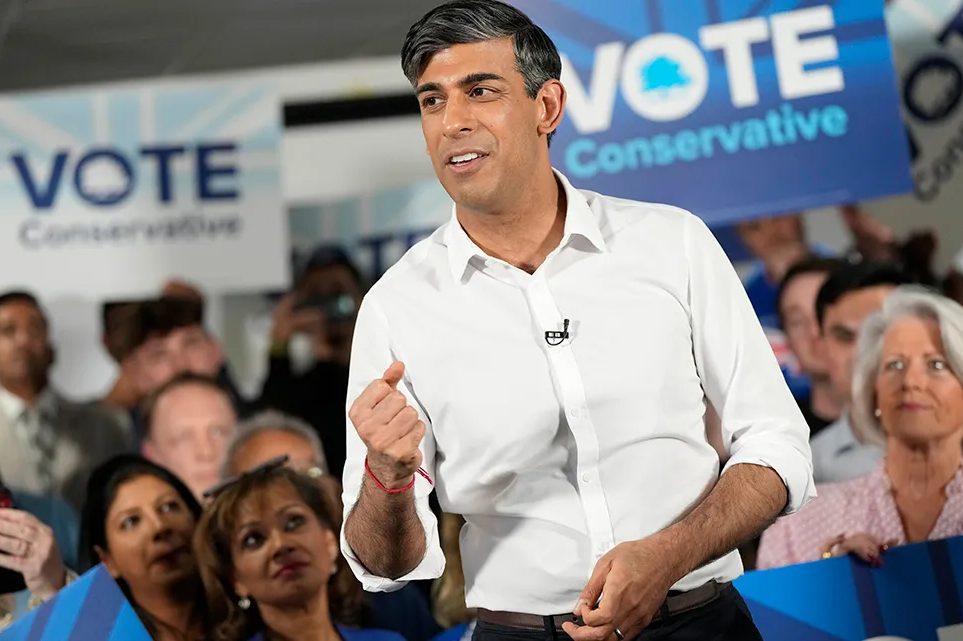









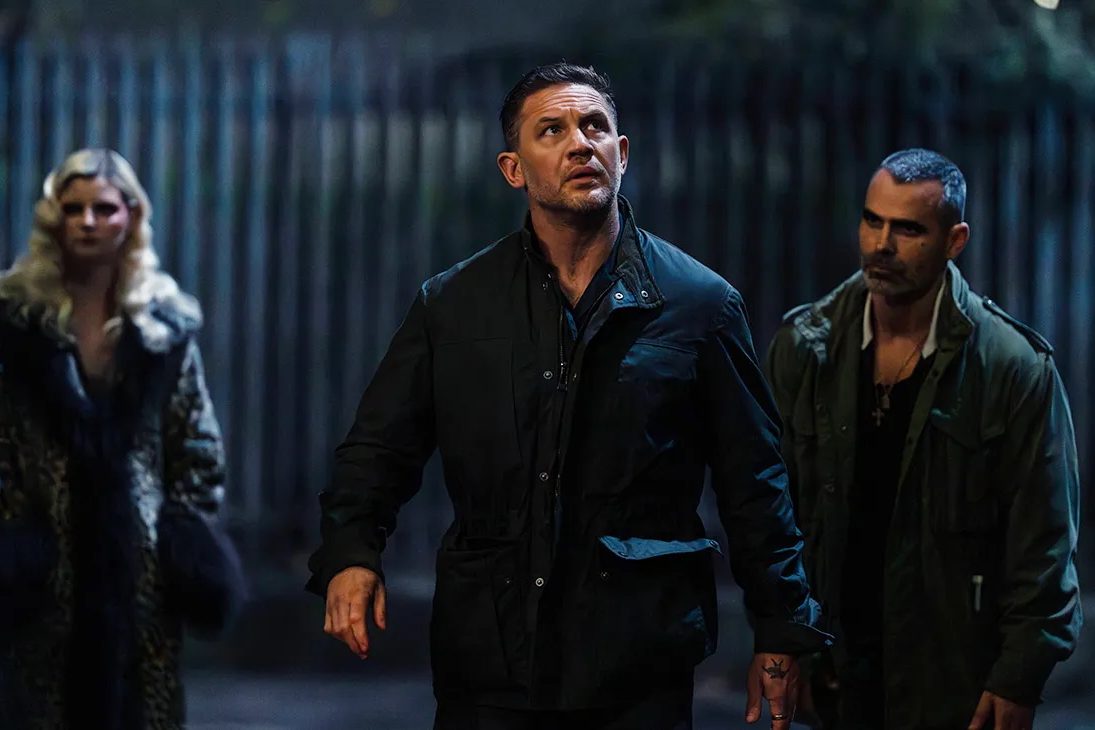
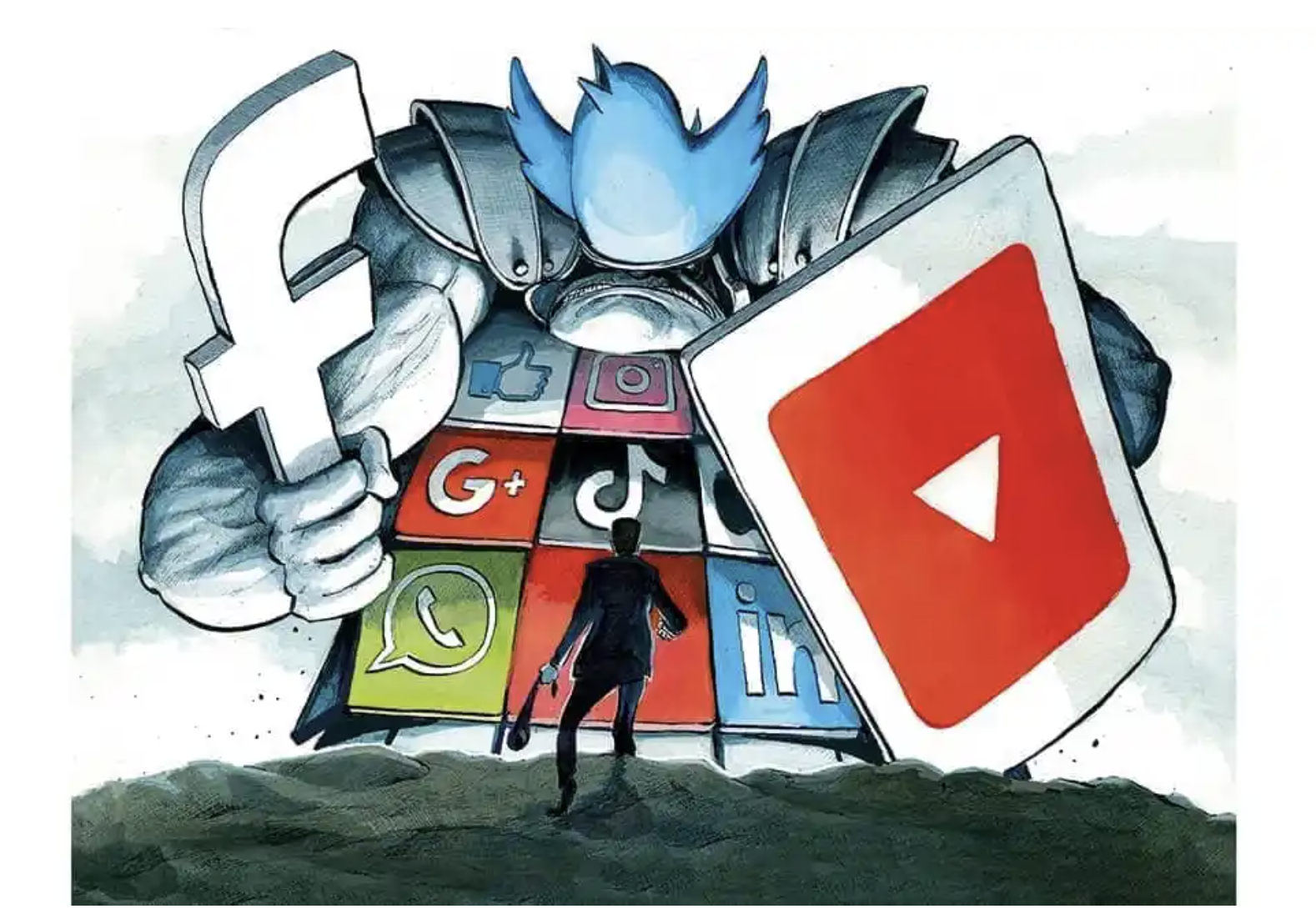
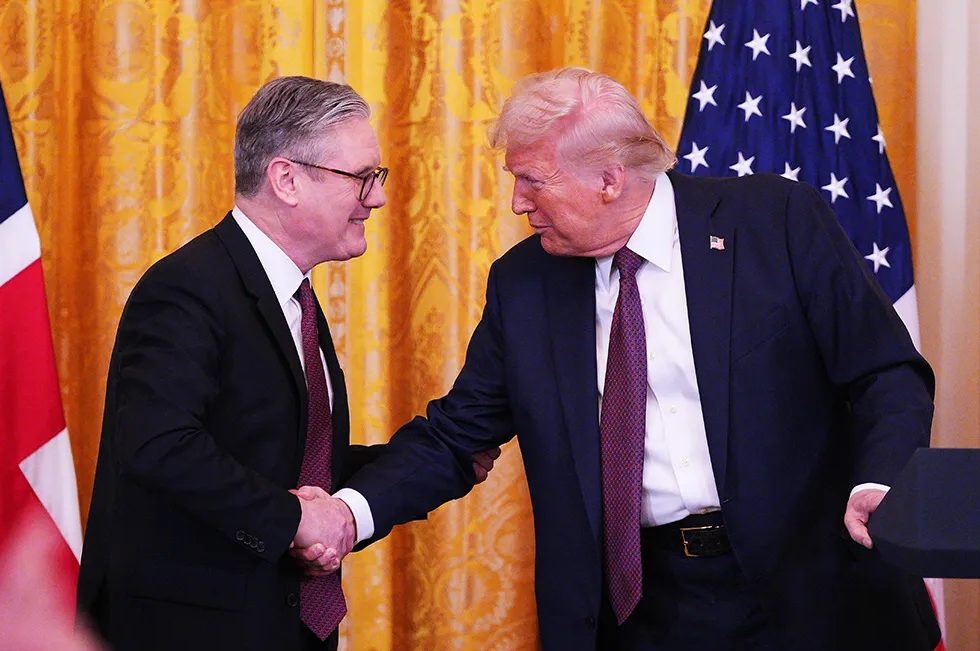
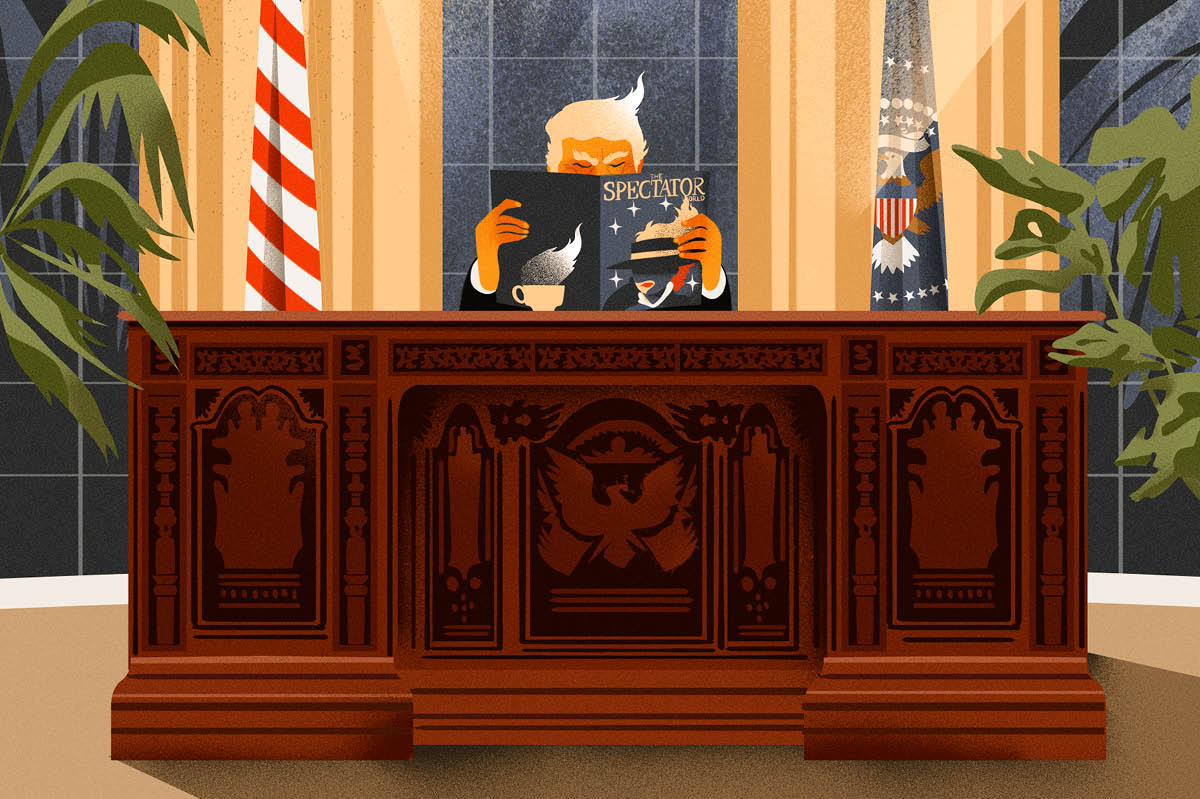

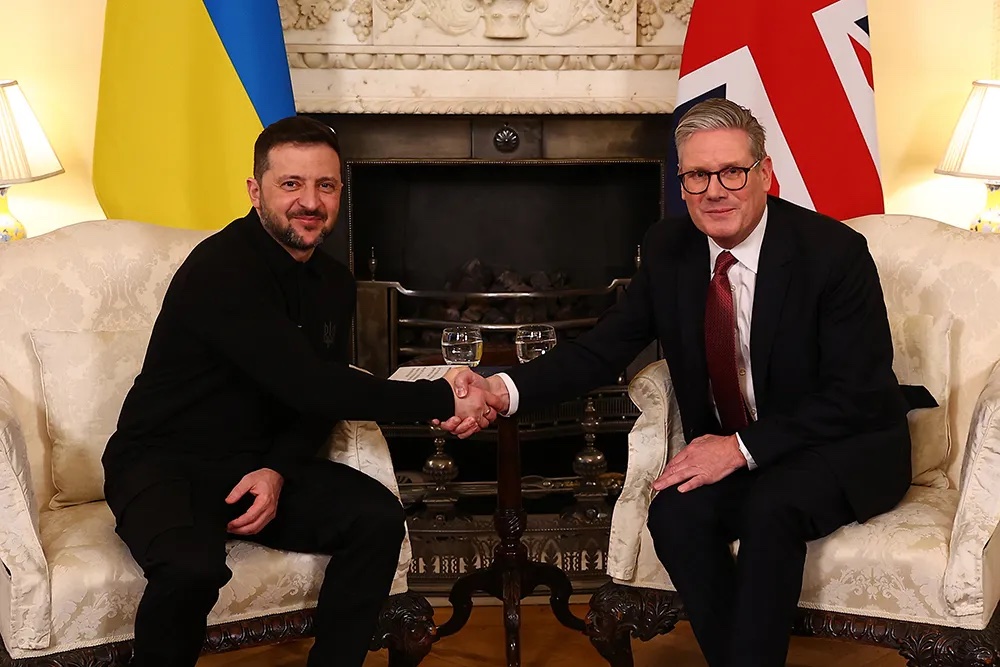







Leave a Reply